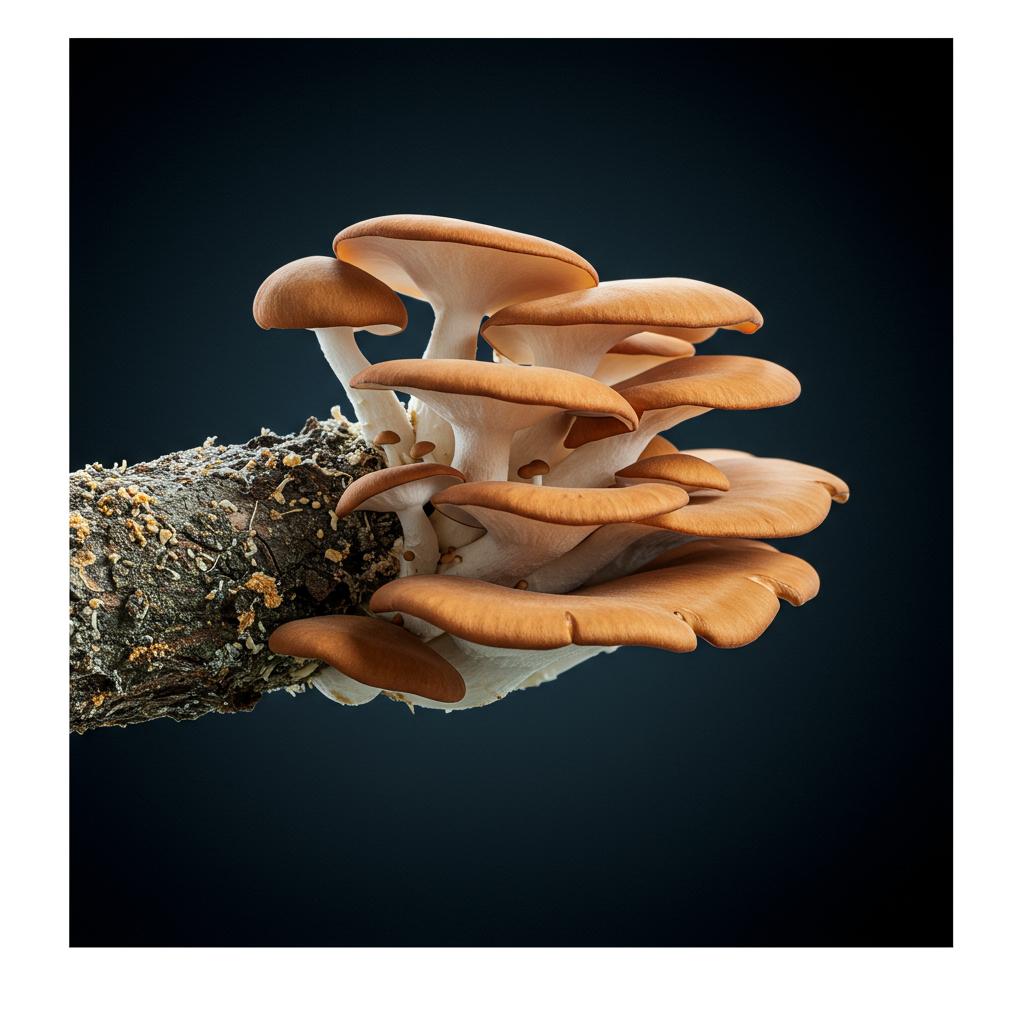
Ever heard of magic mushrooms? They’ve been making waves lately, and for a good reason. Their active ingredient, psilocybin, is showing real promise in treating some serious mental health conditions. But the story of psilocybin is far from new. It’s deeply rooted in history, stretching back centuries to ancient rituals and traditions.
Centuries ago, long before modern medicine, the Aztecs of South America held these special mushrooms sacred. They called them “teonanacatl,” meaning “god’s flesh,” and used them in religious ceremonies and healing practices. Imagine that – recognizing the power of these fungi long before scientists even knew what a molecule was!
Sadly, when Spanish missionaries arrived in the 1500s, they tried to erase all evidence of these mushroom rituals, seeing them as a threat to their own beliefs. They burned records and forbade their use, attempting to bury this ancient knowledge. Thankfully, their efforts weren’t entirely successful.
Despite the suppression, whispers of teonanacatl survived. A 16th-century Spanish historian documented its existence, a clue that would spark a renewed interest centuries later. Fast forward to the 20th century, and ethnopharmacologists – scientists studying the traditional medicinal uses of plants and fungi – were captivated. They embarked on a decades-long quest to rediscover the secrets of teonanacatl. Imagine the detective work involved, piecing together fragmented historical accounts and tracking down elusive clues!
Their persistence paid off. In 1957, a groundbreaking photo essay finally revealed the continued use of these mushrooms to the Western world. This was a turning point. Scientists were finally able to obtain specimens, analyze them, and identify the active compound: psilocybin. And not only that, they figured out how to synthesize it in a lab, opening doors for research and controlled studies.
Now, here’s the truly exciting part. In the last 10-15 years, several FDA-approved clinical studies have shown incredible potential for psilocybin-assisted psychotherapy. This isn’t just about taking a pill; it’s about combining the therapeutic effects of psilocybin with professional guidance and support.
Here are some of the key areas where psilocybin is showing promise:
- Depression: For people struggling with depression, psilocybin-assisted therapy could offer a new path towards healing and improved mood regulation.
- Anxiety: Imagine finding relief from the grip of anxiety, learning to manage and cope with its challenges in a new way. This is the potential psilocybin offers.
- Addiction: Breaking free from the cycle of addiction is incredibly difficult. Psilocybin research is exploring how it can help people overcome various addictions, offering a potential tool in the fight against substance abuse.
Of course, more research is still needed. Larger studies are crucial to confirm the early positive findings. But the initial results are incredibly encouraging. Psilocybin could revolutionize how we approach mental health treatment, offering new hope for those who have struggled to find effective solutions. It’s a fascinating journey from ancient rituals to cutting-edge medicine, and the story of psilocybin is just beginning.
